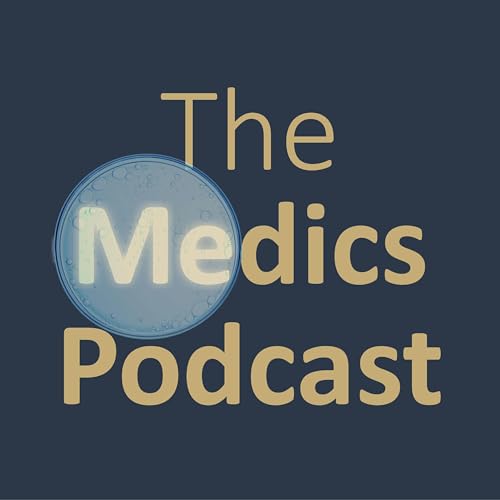In this episode, Dr. Amani Alnimer, a consultant medical microbiologist and academic, delves into a critical decision many aspiring medical innovators face: whether to launch a startup or acquire an existing enterprise. Dr. Alnimer explores the emotional, strategic, and operational trade-offs between these two paths, providing a comprehensive guide for clinicians like Dr. Sarah, a pediatrician with a wellness platform idea, and Dr. Ali, a clinical academic interested in private diagnostics. KEY TAKEAWAYS Startup vs. Acquisition: Aspiring medical innovators often decide whether to start a new venture from scratch or acquire and improve an existing one. Each path has its own set of steps, challenges, and rewards. Steps for Startups: Building a startup involves several key steps, including problem validation, solution design, legal setup, funding, product development, go-to-market strategy, sales, and scaling operations. Steps for Acquisitions: Acquiring an existing medical enterprise involves searching for viable businesses, conducting due diligence, valuation, and negotiation, financing the purchase, developing a transition strategy, implementing strategic upgrades, and planning for growth or exit. Hidden Risks: Startups often fail due to romanticizing ownership, skipping product-market fit, underestimating burn rate, and clinical overreach. Acquisitions can fail due to neglecting culture, inadequate due diligence, misreading brand equity, and legal landmines. Seven Signals Framework: A decision-making tool to help choose between a startup and an acquisition. It includes evaluating time horizon, risk tolerance, creative drive, leadership style, capital access, energy level, and learning style. Scoring four or more on either side indicates a lean towards that path. BEST MOMENTS "Should I build something from scratch or shape something that already exists? Should I invent, partner, or acquire?" "If you have ever felt the pull to innovate, but were not sure where to build, buy or back away, this one is for you." "Clinical credibility does not guarantee enterprise success." - Dr. Amani Alnimer "Most startups fail at the regulatory compliance check while most acquisitions fail due to team dynamics." "Entrepreneurship is not a personality type. It's a decision style." TO CONNECT WITH YOUR HOST https://www.instagram.com/themedicspodcast/ https://www.linkedin.com/company/the-medics-podcast/about/?viewAsMember=true HOST BIO Dr Alnimr empowers clinicians, academics, and health professionals to transform their expertise into scalable, evidence-based solutions—without compromising their professional integrity. Her deep understanding of medical research methodology, combined with a talent for demystifying complex systems, positions her as a leading voice in the evolution of healthcare careers. Through The Medics Podcast, she shares strategic insights, case studies, and frameworks designed to help healthcare experts build meaningful, sustainable impact beyond the traditional clinical path. This Podcast has been brought to you by Disruptive Media. https://disruptivemedia.co.uk/
続きを読む
一部表示
 13 分
13 分 20 分
20 分 2025/10/0117 分
2025/10/0117 分 1 時間 4 分
1 時間 4 分 1 時間 5 分
1 時間 5 分 1 時間 3 分
1 時間 3 分 19 分
19 分 2025/09/032 分
2025/09/032 分

